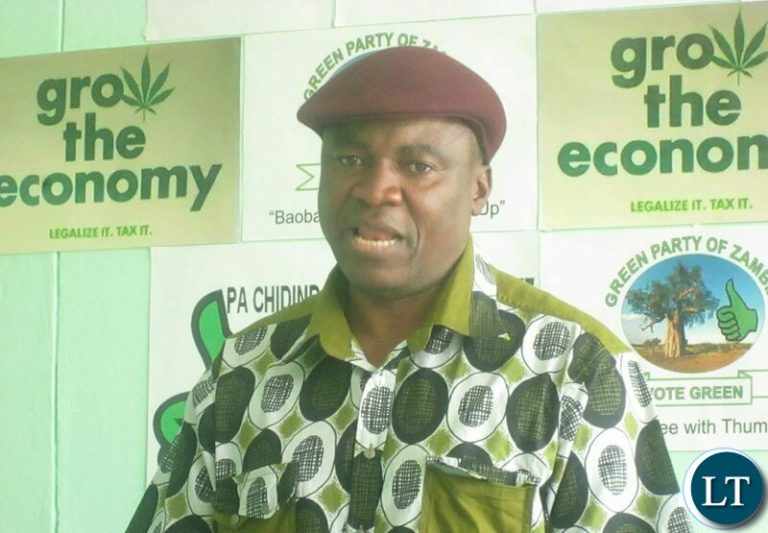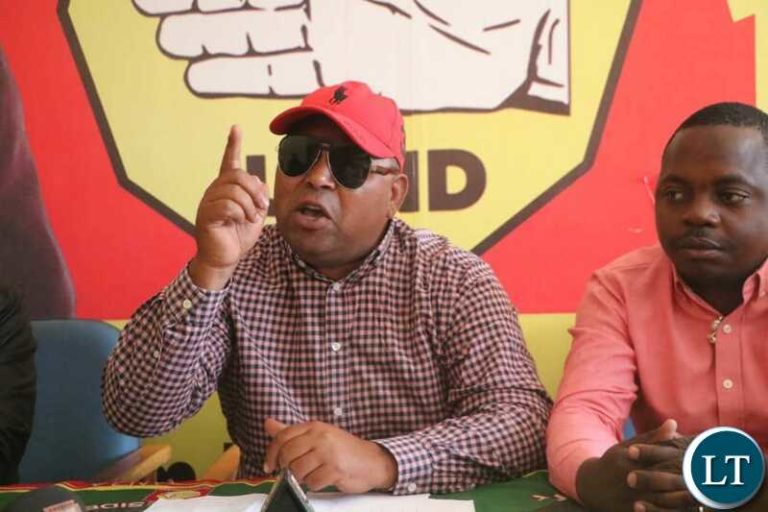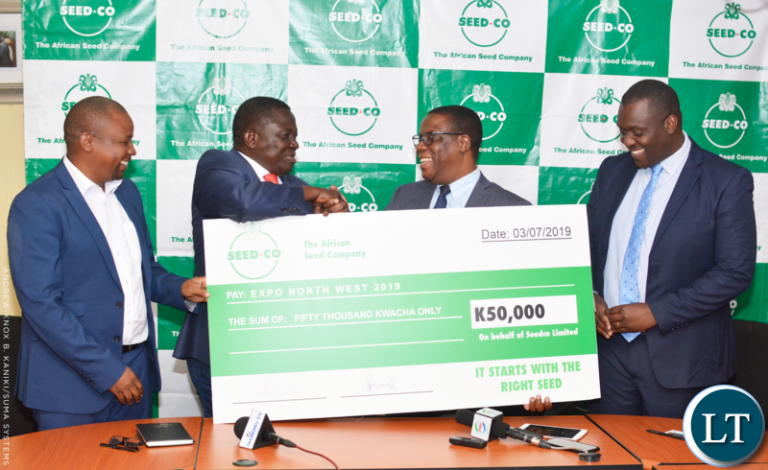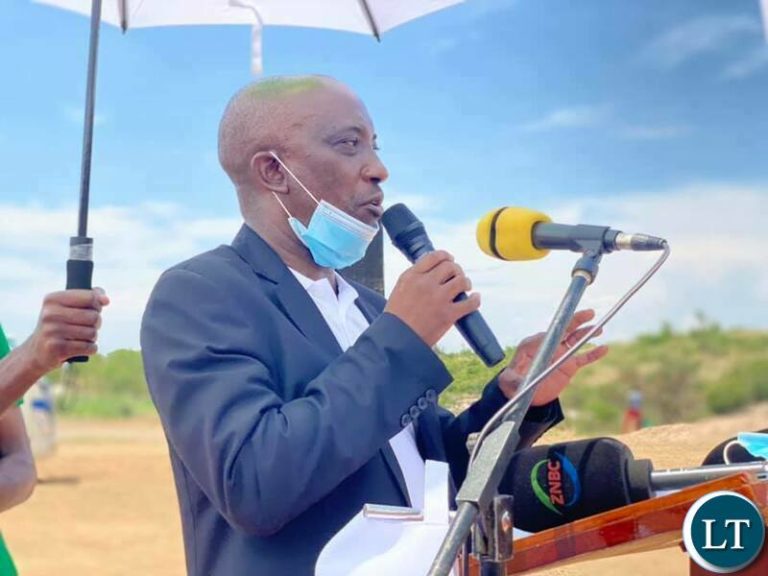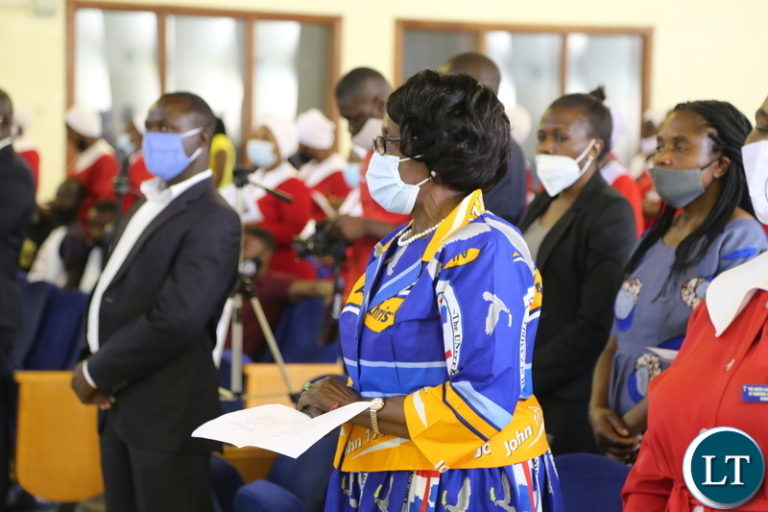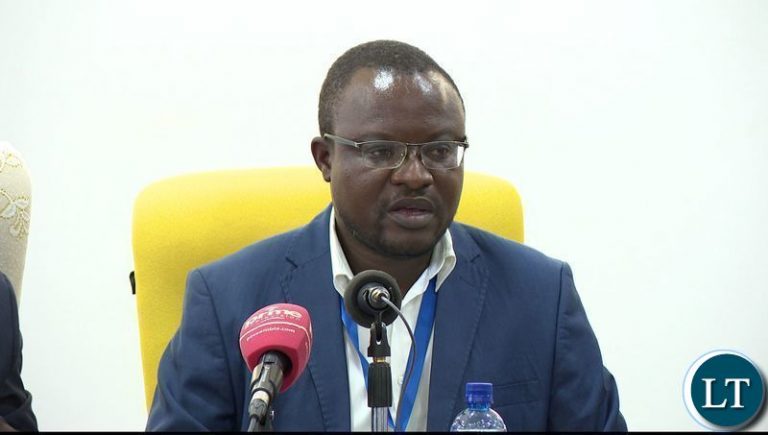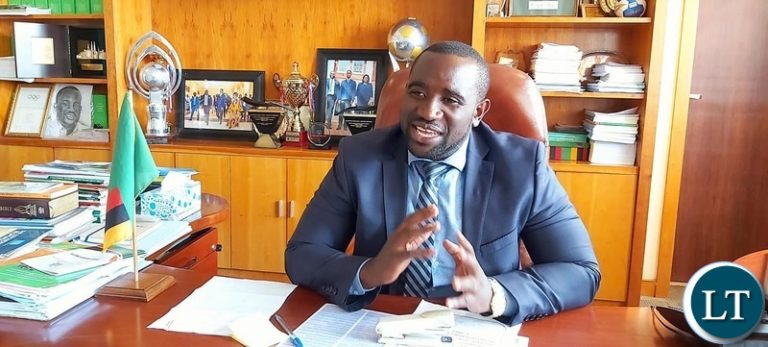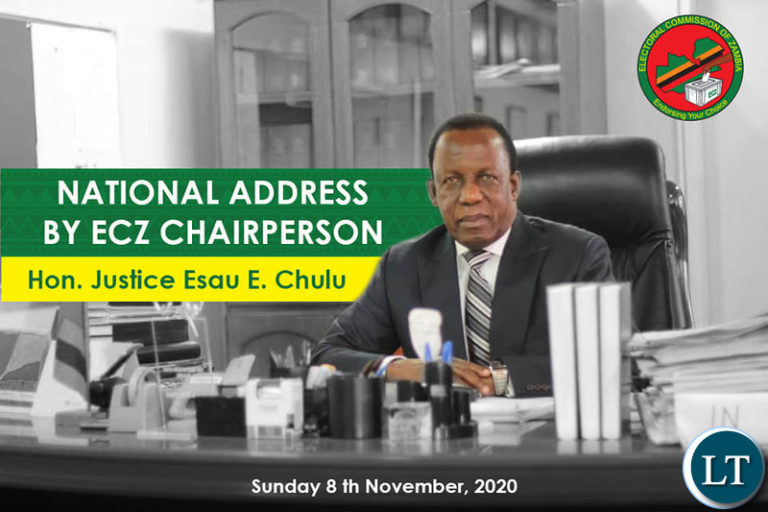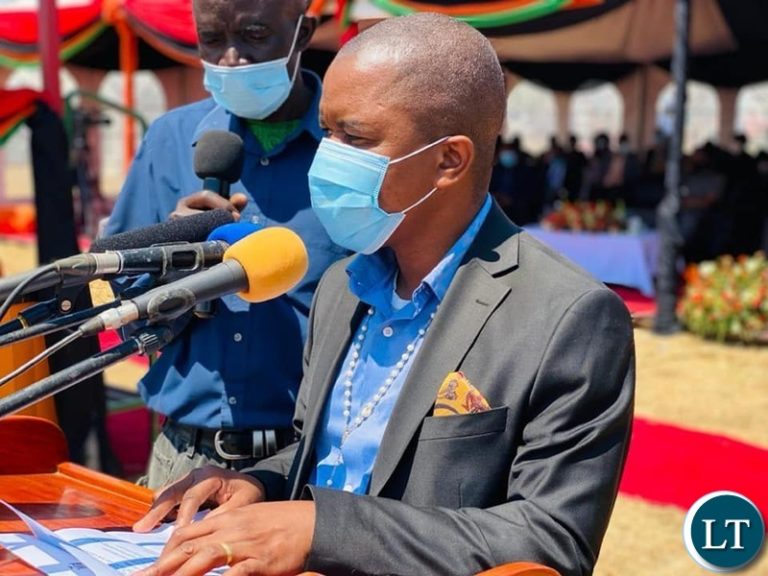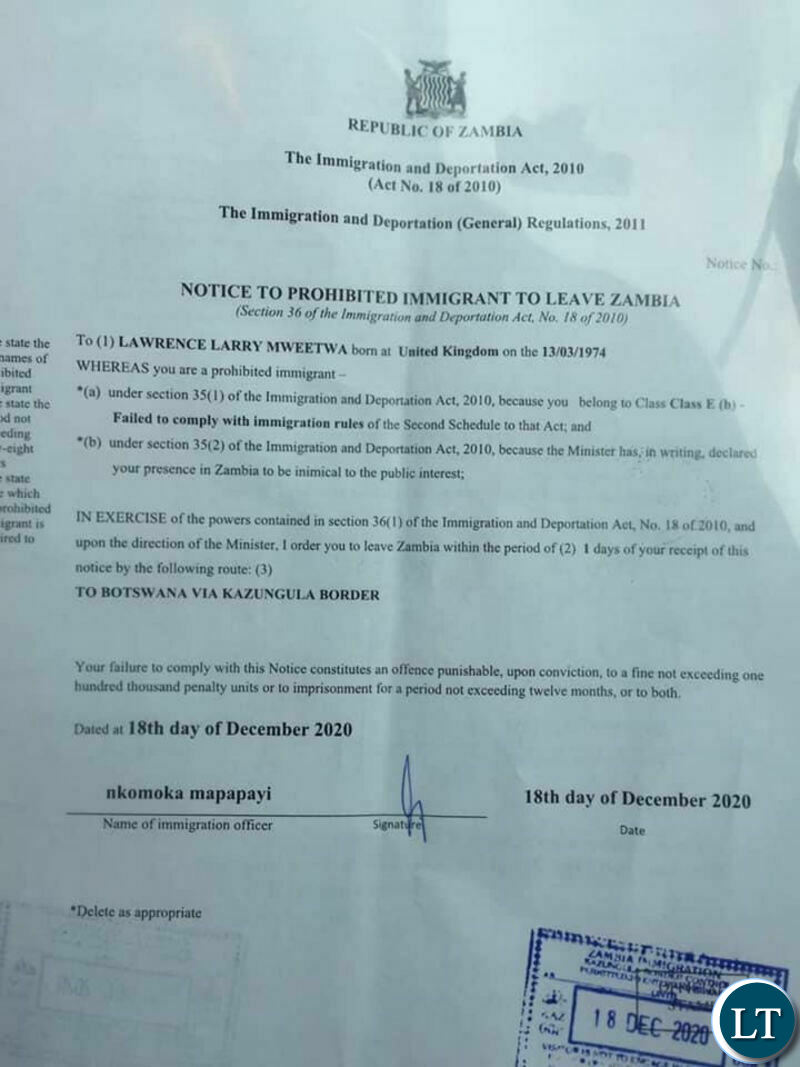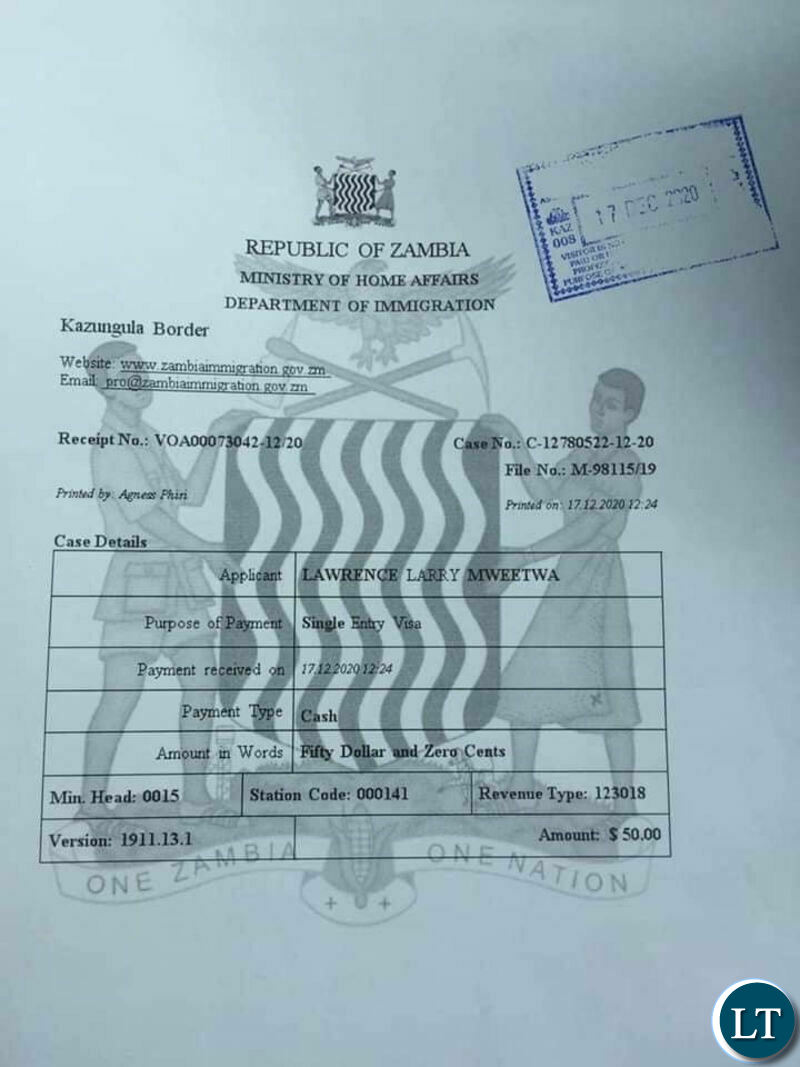By Peter Chazya Sinkamba – President of Zambia 2021, Green Party President
So much has been said since Friday concerning the payments I made for my two very good friends, Hon Mwenya Musenge and Hon Stephen Kampyongo to comply with the Concourt order directing former ministers to refund salaries and allowances obtained by these persons for the period that the court found them to have illegally occupied offices between May and August, 2016.
The court has ordered that the refunds should be made by 5th January, 2021. There have been mixed reactions by the members of the public on my gesture to my two friends, with some supporting the move, and others condemning the move, for various reasons. I will attempt to cover some reasons, especially for those against.
From a positive note, I wish to state that I personally do receive presents from friends, in monetary terms and in kind, some of which by far exceed the contributions I made to the two. For example, I remember, some 25 years ago, very close friends facilitated an export permit for 50, 000 metric tonnes of maize to Zaire (now DRC), which enabled me to buy a brand new S-Class Mercedes Benz car 500 series, and houses, at a youthful age. I have also bailed out several friends, workmates and acquittances out of dire financial situations, time and time again, amounts of which by far exceed the amounts in this situation. I have sponsored some friends to travel abroad, at costs which by far exceed the amounts involved in this situation. Those that have benefitted through in the manner highlighted know themselves, and if they wish they can disclose their identities themselves. As a friend, I will not do that, unless with their permission, as I did in this case.
On the negative side, some critics say I should have paid the money to vulnerable persons. But this is exactly what I have done. The money I paid into the government account called Control 99 or in other words, the Consolidated Fund, is used to fund vulnerable persons through the Community Development Department and the Disaster Management and Mitigation Unit. What I note from critics arguing from this premise is that they do not understand that the money paid is not going into the pockets of my dear friends, but government coffers for onward support to vulnerable persons through purchase of medicines, food security packs, fertilizers, seed, etc. in any case, when I want to give directly to vulnerable persons, I do so through the Church. I quite often donate to churches for various vulnerability programmes across the country. Members of churches, and church groups that I have donated to know exactly what I am talking about. Through CBE, I have assisted vulnerable persons having hundreds of houses built for them e.g. the ARMCO resettlement in Mindolo, Kitwe; Zambia Railways and Masondashi Resettlement (also know as Chibolya Resettlement) in Mufulira etc. Others have benefitted through litigation, e.g the Munkulungwe farmers in Bwana Mkubwa in Ndola; Musakashi farmers in Chambishi, Luela farmers in Chambishi etc. The current case of lead poisoning of children in Kabwe by Leighday and Mbuyisa legal teams, commenced in South Africa, is my works starting in 2002.
The other groups of critics argue that I should have paid school fees for university students who have failed to secure scholarships etc. It is wrong to suggest that I do not sponsor students. Since 2000, I have sponsored hundreds of students, through my NGO Citizens for a Better Environment (CBE) to undertake undergraduate, masters, and PhD studies in Zambia and abroad. Some beneficiaries of my CBE programmes are now lecturing at CBU and Copperbelt universities, while others hold very senior positions in government, quasi government institutions, and multilateral institutions operating in Zambia and abroad. In fact, I am currently working on a programme whereby the CBU Business School will run a PhD programme with a university in the Czech Republic. The fact that my CBE academic programme has not benefitted some of critics, or their relations, does not mean that I do not support such programmes. In any case, I can not support every vulnerable persons in the country, and life is not only about supporting vulnerable persons.
Some critics argue that I could have used that money to create jobs for youths. This is exactly what I have done. Some of the funds I paid into Control 99 will be disbursed to support the Ministry of Youths and Sports, which handles youth affairs. In any case, since 2000, I have employed hundreds of graduates who have since move on and are occupying very senior positions at home and abroad. Furthermore, I have since set up the Zambian Hemp Growers and Industries Association (ZAMHEMP), which will soon be employing hundreds of youths in the companies I have created (Copperbelt Hemp Company; Luapula Hemp Company; Northern Hemp Company; Lusaka Hemp Company; Western Hemp Company; Eastern Hemp Company; Northwest Hemp Company; and Central Hemp Company). These companies will be fully functional in February 2021 after the enactment of the Industrial Hemp Bill and the Controlled Substances Bill. A spectrum of youths will be employed, including the uneducated, the school leavers, college and university graduates.
The bottom line is that courts and court orders must be respected and obeyed. The court of public opinion has been extremely harsh with the Constitutional Court. This court has suffered a reputation crisis, essentially, due to three cases: this case of former ministers who illegally stayed in office; the presidential petition; and the so called “eligibility” case. Whilst there is closure with the petition case, the other two, including the case of ministers, are yet to be closed. For the sake of rebuilding and refurbishing, it is imperative that these cases are brought to closure as soon as possible. It will be a terrible mistake to continue with these cases into the next election. Hence, I have demonstrated leadership by not only talking to my friends to pay, but also contributing to the payment, so that come January 5th 2021, their names will not be on the list of persons who disobeyed a court order.
Lastly, there is a group questioning whether the two cannot pay. This argument is neither here nor there. We buy friends drinks or meals, not because they cant pay for them. We give or buy all sorts of presents for friends not because they cannot buy those things. Friendship is beyond affordability by the other party, but how much you value their integrity and person.
Hopefully this brief explanation suffices….but you are free to ask where you are not clear!


